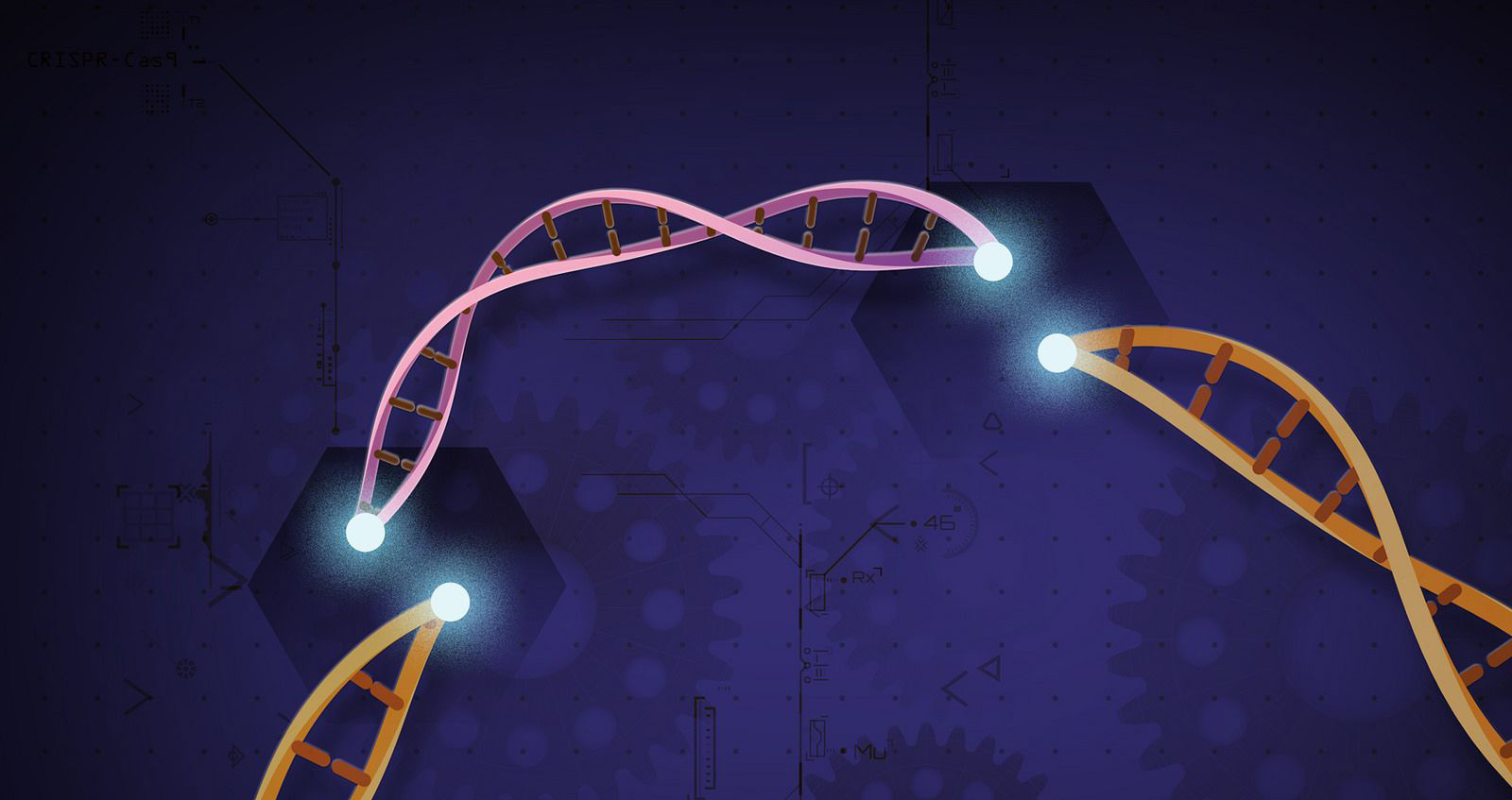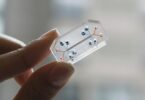The human genome contains approximately 3,000 million of these base pairs, which are found in the 23 pairs of chromosomes within the nucleus of all our cells. Each chromosome contains hundreds of thousands of genes, which have the instructions to make proteins.
In humans, the genome consists of 23 pairs of chromosomes, which are found in the nucleus, as well as a small chromosome that is found in the mitochondria of cells. Each set of 23 chromosomes contains approximately 3.1 billion bases of the DNA sequence.
The main function of the human genome is the complete DNA sequence, that is, the list of the 3,000 million nucleotides that are found inside each of our cells. The function of DNA is to provide information for the cell to make proteins. Each DNA fragment that encodes a protein is a gene.
 At the beginning of 2001, all the media announced that the first draft of the human genome was already available, thanks to the efforts of a public and a private project. As extraordinary data detailed by this first draft, it should be noted that the number of human genes is estimated at 31,000, much lower than what was calculated, and that the genes responsible for making proteins actually account for 1.5% of all DNA. It has also been found that the genome differences between people is 0.1%, which means that the remaining 99.9% is identical.
At the beginning of 2001, all the media announced that the first draft of the human genome was already available, thanks to the efforts of a public and a private project. As extraordinary data detailed by this first draft, it should be noted that the number of human genes is estimated at 31,000, much lower than what was calculated, and that the genes responsible for making proteins actually account for 1.5% of all DNA. It has also been found that the genome differences between people is 0.1%, which means that the remaining 99.9% is identical.
Although the genome of other organisms has already been completely sequenced, such as bacteria, yeast, insects, worms or rice, the Human Genome Project has been a breakthrough, since our genome is 25 times larger than any other known organism. .
Knowledge of the human genome raises, however, a large number of unknowns. This is the moment to understand how each of our genes works, what protein is synthesized with your information and what is the function of this protein.
Genome editing is a way to make specific changes in the DNA of a cell or organism. An enzyme cuts the DNA in a specific sequence, and when it is repaired it is used to make a change or editing in the sequence.
Intellia is a company that focuses on genome editing, using a newly developed biological tool known as Cas9 CRISPR system. Intellia believes that the Cas9 / CRISPR technology has the potential to transform medicine by permanently editing genes associated with diseases.
These and other innovations are also possible in Pharmamedic.







